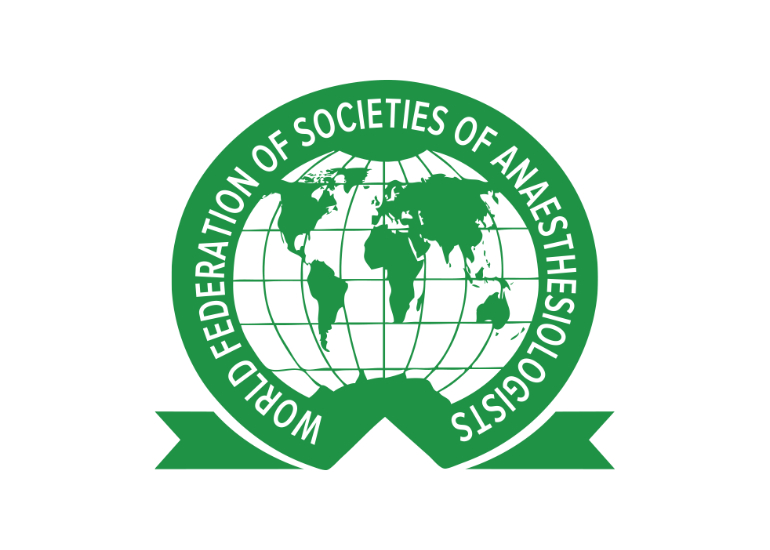In line with WFSA’s position as a non-State actor in official relations with WHO, the WFSA board have submitted the following statement under the 73rd World Health Assembly provisional agenda item 3 Address by WHO Director-General devoted to the COVID-19 pandemic response.
The essential role of anaesthesiologists in the COVID-19 response
The World Federation of Societies of Anaesthesiologists (WFSA) represents anaesthesiologists in 150 countries. We work with the WHO and other organizations to improve access to safe anaesthesia worldwide.
5 out of 7 billion people in this world do not have access to safe anaesthesia and surgery. Anaesthesia is essential for a well-functioning health system, as highlighted by WHA Resolution 68.15 on Strengthening Emergency and Essential Surgical Care and Anaesthesia as a Component of Universal Health Coverage.
Anaesthesiologists are medical specialists who are not just experts in the perioperative care of surgical patients; they are also experts in resuscitation, pain medicine and intensive care. During the COVID-19 pandemic, anaesthesiologists working in emergency departments, operating rooms, and intensive care units have played a pivotal frontline role in saving the lives of infected patients.
Unfortunately, in many low- and middle-income countries, there has been chronic under-resourcing of anaesthesia and intensive care. High-income countries have struggled to cope with COVID-19 and the pandemic is likely to have an even more devastating impact in countries with fewer resources.
WFSA welcomes efforts by donors to increase the supply of PPE and intensive care equipment to low resource settings. However, these donations risk being underutilized if there are not enough skilled and appropriately trained providers to use and maintain this equipment.
The WFSA calls on WHO member states and the donor community to:
- Address chronic workforce deficiencies in anaesthesia and intensive care;
- Provide and maintain essential equipment for resuscitation, anaesthesia and intensive care;
- Adhere to the WHO-WFSA International Standards for a Safe Practice of Anaesthesia;
- Protect our most valuable resource, frontline health workers, by providing a safe working environment, including appropriate PPE.
Further links






